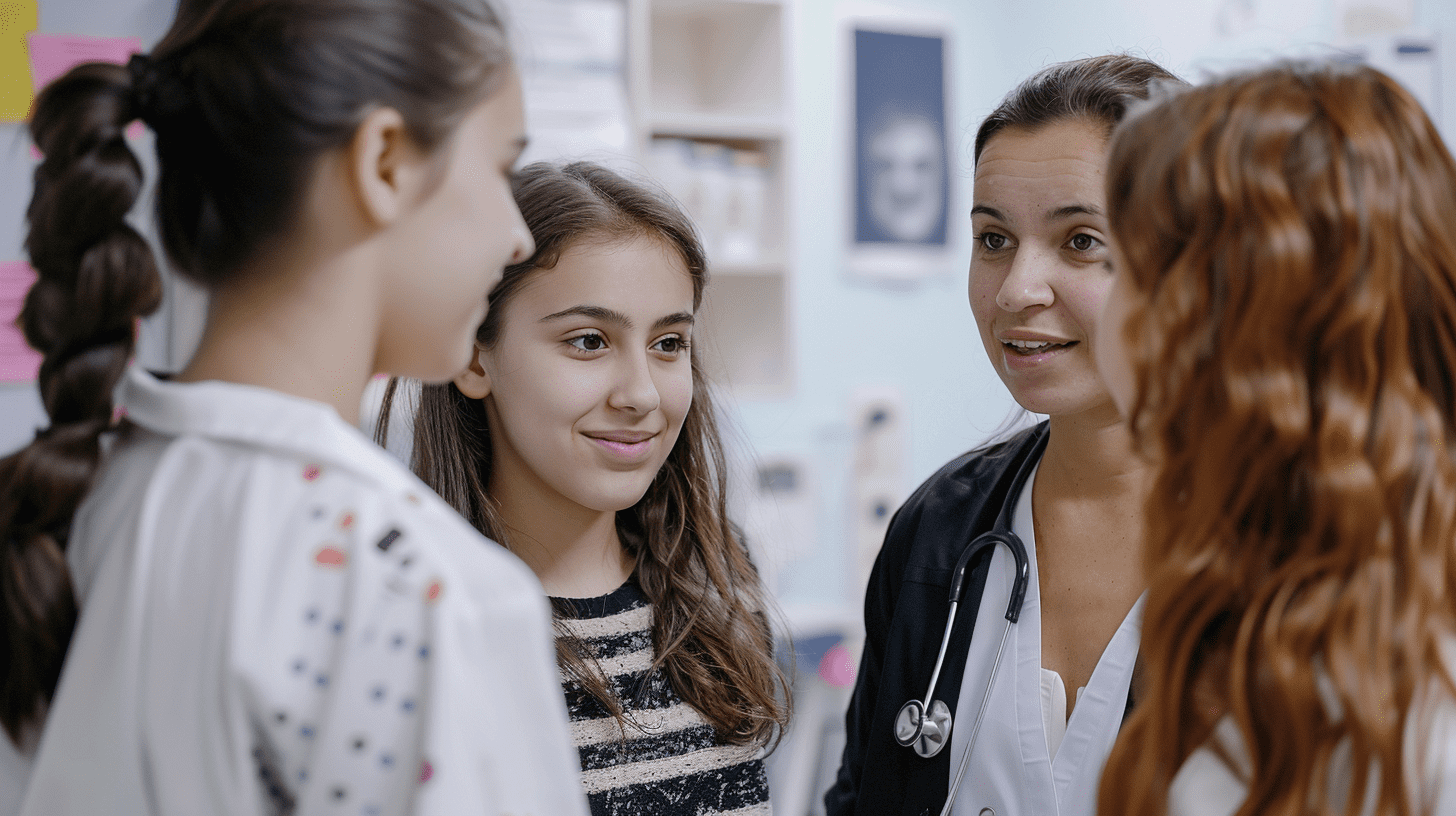Imagine you have a broken leg, but no cast is put on, and no treatment is prescribed. All you can do is lie down and wait for it to heal.
What is the likelihood that the bone will heal correctly?
This question implies a similar situation. A child with speech impairments cannot outgrow them, as it is not episodic. For example, if your child has a throat sound (R) and does not know how the tongue should work to produce the correct sound, no matter how hard they try, the sound does not come out. Regardless of how many peers around them demonstrate the proper sound, the likelihood of them learning it could be much higher.
Noticing more complex speech impairments, it should be understood that difficulties may arise in school. The child wants to know well but simply cannot because they cannot differentiate sounds, understand which sound to write in a particular word, etc.
Unfortunately, outgrowing it will not work; specific measures under the supervision of a specialist should be taken as early as possible, not letting the situation take its course.
Noticing more complex speech impairments, it should be understood that difficulties may arise in school. The child wants to know well but simply cannot because they cannot differentiate sounds, understand which sound to write in a particular word, etc.
Unfortunately, outgrowing it will not work; specific measures under the supervision of a specialist should be taken as early as possible, not letting the situation take its course.
